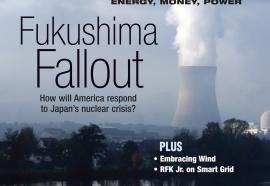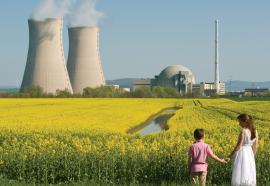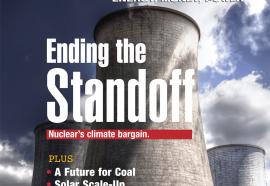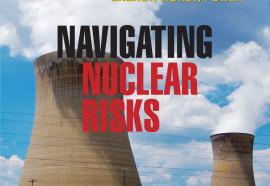Spent-Fuel Fedcorp
The Blue Ribbon Commission’s best answer for the nuclear waste dilemma.
As the Fukushima-Daiichi crisis unfolds, the U.S. DOE’s Blue Ribbon Commission is preparing its initial recommendations on how America should deal with its commercial nuclear waste. Early indicators suggest it will endorse the so-called fedcorp model—creating an independent federal corporation, similar to TVA. But a fedcorp structure, by itself, won’t resolve the spent-fuel dilemma. Success will require a strong mandate, consistent funding—and a totally new approach to siting and management.






